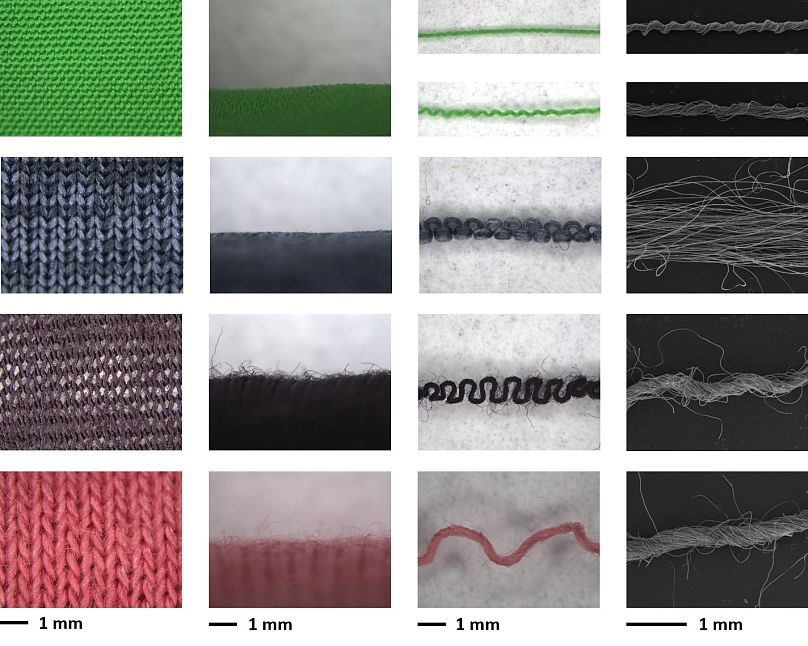
A British university has announced that it is taking part in a large-scale project aimed at leading the decarbonisation of the fashion and textile industry.
The University of Plymouth is playing a key role in the Future Fibers Network+ (or FFN+) research, which aims to integrate environmental science at the heart of the fashion and textile sectors.
The £1.6 million (approx. €1.85 million) project will shed further light on sustainability – or the lack of it – in the fashion industry.
Research by Plymouth and the universities of Exeter, Leeds, Blackburn, Huddersfield and the University of the Arts London is expected to further explore the need for a sustainable approach to the industry.
The clothing and apparel market remains a key part of the UK and global economy, but it continues to be one of the biggest environmental polluters throughout the supply chain.
Plymouth University has already used research to highlight how microfibres can be released into wastewater during the laundry process and how mechanical devices can prevent this release.
They have also discovered clothing fibres in unexpected places, including on the slopes of Mount Everest and in the Ganges, as well as in the deepest oceans.
Professor Richard Thompson also gave evidence to the British Parliament on the sustainability of the fashion industry.
As Director of the University’s International Marine Litter Research Unit, he said: “This is a fantastic, forward-thinking and proactive project. Over the next two years, it will build a committed community of researchers from all disciplines as well as key players in the fashion supply chain.
“By bringing together existing initiatives and research and identifying key gaps, this project will help the fashion industry – from designers to consumers – to be sustainable for everyone: the economy, people and the planet,” adds Thompson.
The professor and the team behind the project will work to create a circular fashion model, which will aim to reduce environmental pollution from microfibres while making positive changes for the industry and society.
They hope to instil this knowledge in the minds of the next generation of fashion designers, encouraging them to understand the challenges of reducing the textile industry’s environmental impact on the natural world.
The FFN+ project is one of a number of initiatives around the world aimed at making fast fashion and luxury fashion less damaging.
Bearing in mind that the industry is one of the world’s biggest polluters, responsible for around 20% of the planet’s waste water and around 10% of global greenhouse gas emissions, the European Union has a plan.
Last month, the EU adopted recommendations, including policies to make clothing more durable, repairable and recyclable, as well as regulations to ensure that production respects human, social and labelling rights, animal welfare and the environment throughout the supply chain.
They also hope to move from a linear fashion production model to a circular model, one in which every garment can be reused, recycled or made biodegradable and compostable.
Although it has left the European Union, the UK is invested in the same way. The FFN + project is part of a £15 million (around €17.5 million) programme run by the UK’s Department for Research and Innovation.
It aims to raise awareness of the importance of circular fashion – before it’s too late.
Read more – Europe’s observatory
